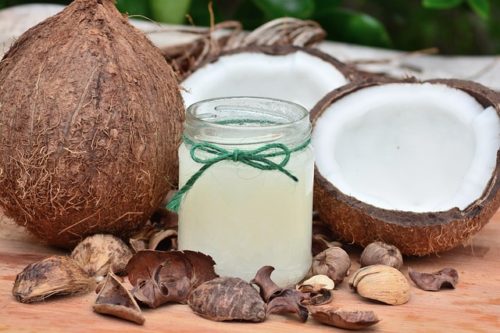Horses are wellness good friends
Between horses and humans there are still special bonds, fun, sport and wellness.
A horse, a horse! My kingdom for a horse! Offered hunchbacked villain-king Richard III about to meet his doom at the hands of the future Henry VII in act 5 of Shakespeare’s Richard the Third.
A horse, a horse! My kingdom for wellness!, maybe he could exclaim today. Currently the noble brute that supported the humans in their most bloody battles can bring nowadays a haven of peace and well-being.
Experts on rest and well-being issues propose to add horseback riding to a spa getaway to experience feelings of empowerment, less stress and nice shot of Vitamin D from the sunshine on your shoulders instead of the weight of the world.
Contrary to what can be thought, these specialists see many positive results in a ride under the Desert‘s bleached denim sky is just one road to balancing mind, body and spirit.
Top ranked destination spas offers worldwide private trail rides in which guests work with specific horses and equine experts to help overcome fear and self-doubt.
Some treatments integrates vibrational medicine, music therapy, human touch and aromatic oils to take you into a dream-like state.
Equine Therapy
Horses are a crucial element in diverse treatments for certain ailments.
Equine therapy is the discipline of using horses as a means to provide metaphoric experiences in order to promote emotional growth. Experts said the horses provide an excellent way for troubled youth to react when they are otherwise therapy resistant.
Equine therapists will usually teach many lessons on ways in which horses learn, react, and follow instructions to the lives of youth themselves. One example that is used often is when students are just beginning a horse therapy program, the instructor will have the horse stand in the middle of the arena.
A list of equine therapy programs can be found with information on their individual websites on their specific program details. Many associations exist in order to provide certification or training that kind of therapy.
Safety and Well-being
Safety is the number one priority for all participants in equine therapy. Participants often wear helmets and other protective gear should they fall from a horse during a therapeutic session.
While most authors have concentrated on the health merits of «live» animals, recent work has shown that videotapes of animals may serve as a potential alternative in stressful situations.
Recognition of the fact that animals may be able to bolster psychological well-being has resulted in their wide-spread use in therapeutic settings. Interest in this area started in the 1960s, when Boris Levinson, a child psychologist, noted that his patients developed a rapport with his dog, and were more inclined to respond positively to therapy in its presence.
The mechanisms underlying the ability of companion animals to improve human health are complex and further research is needed before firm conclusions can be drawn. Pets should certainly not be regarded as a perfect pill for treating ill health.
Nonetheless international studies shows that employed in the correct manner, and targeted at the appropriate user group, animals have the potential to contribute significantly to our well-being and quality of lives.
Wellness Destiny / Photo 1 Castleguard. Photo2 KhramovaVera





